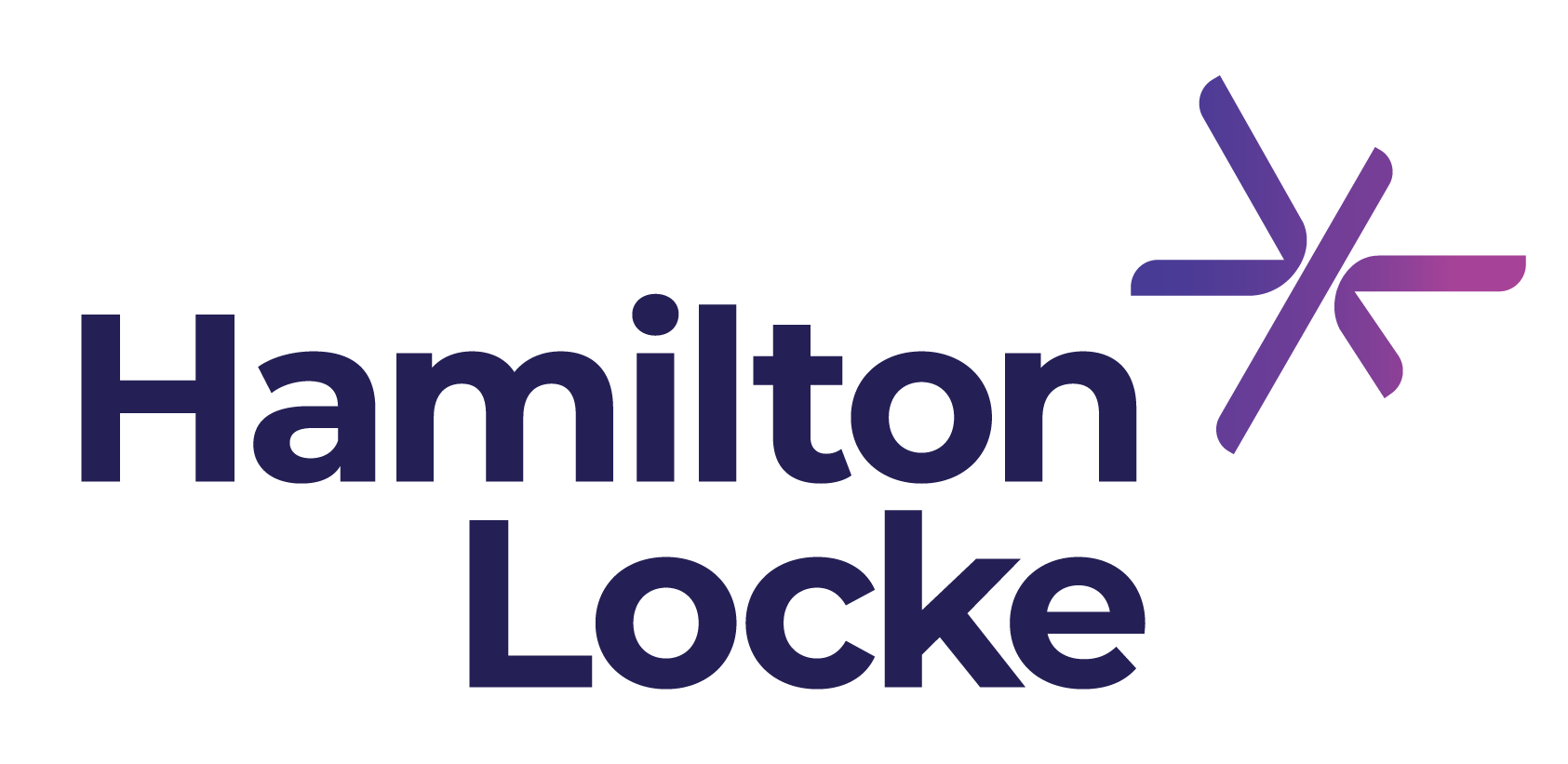CLIENT MONEY RULES – ‘X’ MARKS THE OBLIGATIONS.
Published on Oct 02, 2020

Australian Financial Services (AFS) licensees holding client money are on ASIC’s radar, with a particular focus on intermediaries demonstrating high financial risk or stress. This follows two recent cases where AFS licensees faced criminal prosecution for breaching client money provisions.
In its 2020-24 Corporate Plan, ASIC has outlined that one of its market focus areas will be safeguarding client money. This includes proactive surveillance to ensure compliance with client money handling obligations.
ASIC takes the view that these types of offences are serious misconduct. These offences have been legislated to protect investors and enhance confidence and integrity in Australia’s financial markets.
What is client money?
As an AFS licensee, client money is money paid by a client (or a person acting on behalf of the client) to you in connection with a financial product or service that you have provided, or will provide, to them.
For example, client money may be:
- Application money used to acquire or increase an interest in a managed investment scheme (registered or unregistered) from you where the units in the scheme are not issued to the investor within 24 hours of receiving the money; or
- Insurance premiums paid by your client where you are not the insurer or the agent of the insurer, or if you are, no decision has yet been made to accept the risk.
Client money doesn’t include money paid by a client:
- As remuneration for your services;
- For expenses that you’ve incurred. For example, reimbursing costs to acquire a financial product for them;
- To discharge a liability that you’ve incurred to acquire a financial product for them; or
- To acquire a financial product from you (where you are the product issuer or their agent) provided the product is issued within 24 hours of receipt.
What are your client money obligations?
If you deal with client money, there are a number of requirements that apply. These include:
- Where the money must be kept: You must separate client money from your own by keeping it in a different bank account (known as a trust account and designated as a s981B or s1017E account). The bank account must be with an Australian Authorised Deposit-taking Institution, an approved foreign bank or a cash management trust;
- How it can be used: In certain circumstances, you may be able to invest client money. This is a complex area and we recommend seeking advice before exploring this requirement; and
- When it can be moved: Specific rules apply around when you can move client money from the trust account and for what purpose, for example paying insurance money due to an insurer in connection with an insurance contract. There are also timeframes for moving non-client money paid into the trust account.
To safeguard client money, you should ensure that you have a solid policy governing these obligations, including who can make withdrawals from the account and always require two signatories. This ensures that you meet your regulatory obligations and shields client money from fraud or other unauthorised activity.
You can find more details on these obligations in our AFS Licensee Manual which contains a whole chapter on this topic. Our Broker Manual also contains guidance specific to general insurance brokers.
Who does this apply to?
The client money obligations may apply to a range of financial services intermediaries and financial product providers. This is irrespective of whether you deal with retail and/or wholesale clients. Common examples include:
- Derivatives;
- Non-cash payment facilities;
- Managed investment schemes; and
- Insurance.
What happens when things go wrong?
You will commit an offence if you:
- Fail to pay client money into a trust account on time;
- Make unauthorised payments out of a client money account; or
- Otherwise, breach the client money rules.
If a breach occurs, you will need to consider whether the breach is significant and requires reporting to ASIC. If you’re unsure, it’s best to seek advice from a lawyer.
Breaching the rules is an offence of strict liability. This means ASIC doesn’t need to prove that you intended to breach the law.
If you have breached your AFS licence, ASIC has the power to:
- Request the Court impose civil penalties;
- Impose additional licence conditions;
- Publish information on your breaches; and
- Require you to undertake a client remediation program.
ASIC may also accept an enforceable undertaking as an alternative to civil or licensing action.
Two recent cases show how serious ASIC is:
Pershing Securities Australia was the first company in Australia to face criminal prosecution for breaching client money provisions. This year it was charged with two counts of failing to pay client money into an account and one count for failing to comply with requirements relating to a client money account. Pershing Securities Australia was ordered to pay a $40,000 penalty after pleading guilty to breaching its client money obligations.
ASIC also imposed additional licence conditions requiring Pershing Securities Australia to:
- Appoint an independent expert to assess and test its controls, systems and processes to ensure they were compliant with the client money requirements and report back to ASIC; and
- Provide ASIC with attestations from a qualified senior executive and a board member to confirm all remedial actions recommended by the independent expert had been adopted and implemented.
In the case of Societe Generale Securities Australia, the company pled guilty to four separate offences. Each offence carries a maximum penalty of $45,000. The matter is awaiting sentencing. ASIC also imposed the same licence conditions which applied to Pershing Securities Australia.
While these penalties aren’t significant, the additional licence conditions can be financially draining and use valuable human resources. They can also damage your reputation.
Client money requirements are not always straightforward. If you need advice on whether the client money rules apply to you, please get in touch – we’d be happy to help.
October 2020


